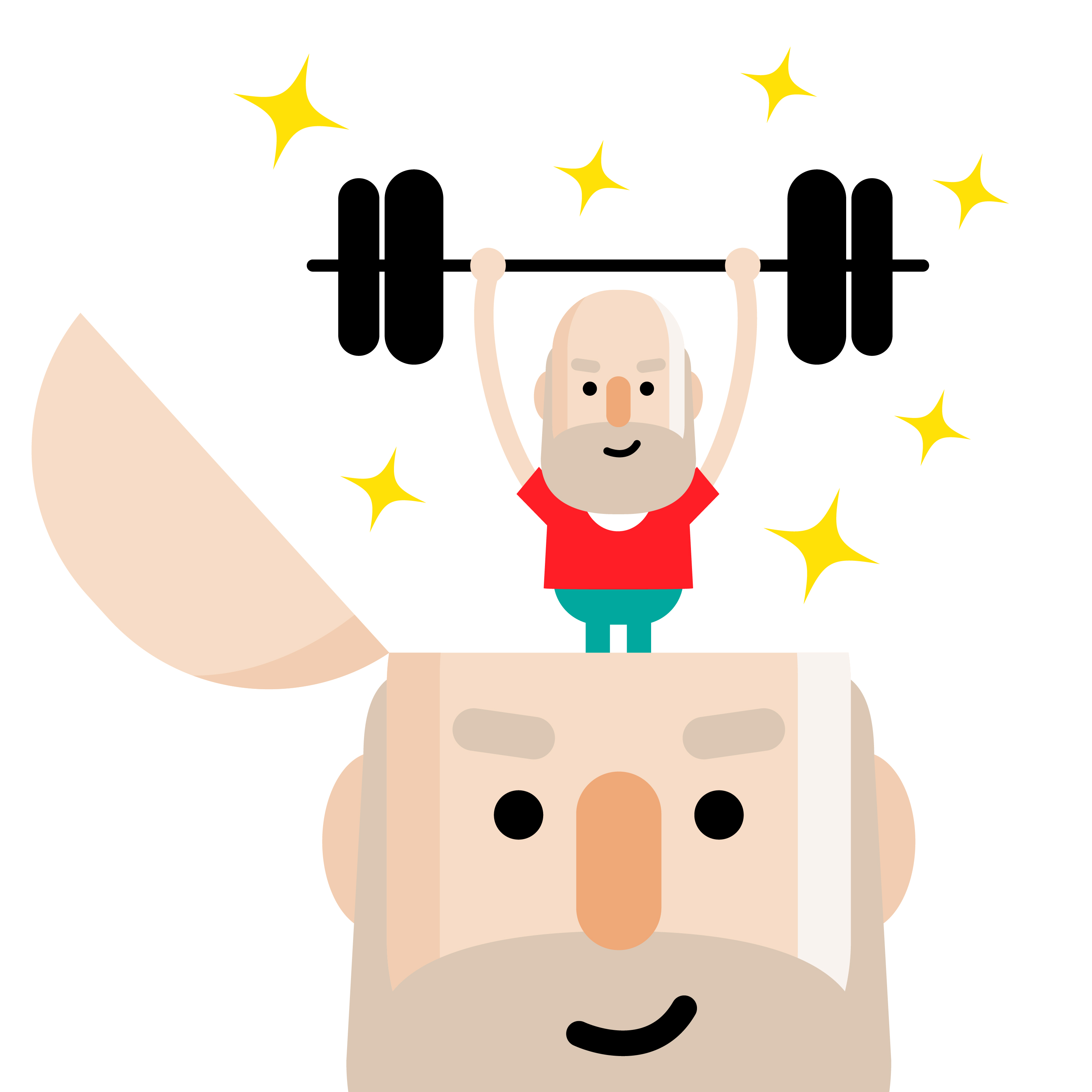8 Min Read
5 Ways to Enhance Brain Fitness & Health

We often talk about the importance of exercising the body, but exercising the brain, or brain fitness, is equally as vital. This is especially true later in life as physical changes both in body and in mind are some of the most significant challenges seniors face.
Mental deterioration affects millions of seniors worldwide and is often manifested in the form of degenerative diseases such as Alzheimer’s and other forms of dementia. Thankfully, recent research shows that seniors can participate in certain activities to greatly reduce their chances of cognitive deterioration and improve their mental health. Take a look at these five ways to enhance brain fitness and health.
Exercise your mind with brain games
Wondering where to start? Visit Cranium Crunches for free games, or if you’re an AARP member, use their Staying Sharp website for fun games. These websites not only provide an overview of brain health but also include a database of games and activities designed to challenge you mentally in a fun way. Brain games can help improve memory, reaction time, concentration level, and overall cognitive abilities. According to recent studies, seniors who play brain games daily have seen their mental processing speed improve by 58 percent.
Be social and expand your network
For seniors, learning isn’t the only way to improve brain fitness and cognitive health. Socializing can help to improve brain function and memory recall, too. A study conducted on senior women by the American Public Health Association reported that women in larger social networks have stronger cognitive function. Conversely, senior women with smaller social networks have a higher chance of dementia. Participation in social activities outside of the family may have a bigger impact on cognitive function than social contacts with family. Volunteering, joining a gym or club, taking classes, and participating in community activities are all excellent ways to stay social.
Join us on Tuesday, March 26 at 2 pm for Brain Fitness, a fun and informative event on engaging activities to improve brain health for seniors. Call 202-349-3400 for more information or to RSVP.
Be active with low-impact exercises
A walk or jog certainly makes you feel more alert and focused, but does physical activity really benefit your brain? According to a recent study, seniors that exercise for 52 hours over a period of six months (about 30 minutes per day) saw a boost in their reasoning skills and brain processing speed. Regular exercise can help to regulate blood pressure and decrease the risk for arteriosclerotic vascular disease, which impacts both the brain and heart. Low-impact exercises like walking, seated routines, swimming, yoga, and tai chi can have a substantial influence on brain health and function.
Fill your diet with nutrient-rich foods
Healthy food provides seniors with the nutrients and energy required for good physical and mental health. While eating well is important at any age, it is especially beneficial in later years. Certain areas of the brain may shrink and communication between neurons is reduced, which can lead to diminished brain function. As the brain controls your everyday tasks, it is vital to make the necessary changes to boost cognitive function. Foods such as salmon, flax seeds, walnuts, eggs, and blueberries are just a few types of food that are packed with powerful nutrients designed to improve brain function and overall health. Likewise, try to avoid foods that are high in saturated fat, processed sugar, salt, and chemical additives. These foods do not provide any health benefits and usually lead to a sedentary lifestyle, which can negatively affect brain health.
Manage stress with meditation
Chronic stress is one of the quickest ways to age your brain. Family members may have moved, friends may be passing away, health issues and physical limitations are more noticeable, and even current events may increase stress and anxiety. With the number of possible stress factors in a senior’s life, it is important to know how to deal with tragedy and stress in a productive way. Practicing meditation can help to keep stress levels low by encouraging relaxation. Simple meditation practices, such as mindfulness, have been shown to lead to an overall improvement in brain health. When analyzing the brains of those who practiced meditation regularly, aging had less of an effect on their brain. Mindfulness, specifically, slows the shrinkage of the brain that occurs with age.
Practicing any or all of these methods of preserving and enhancing brain fitness can help lead to a healthier and happier life.

0 Comments